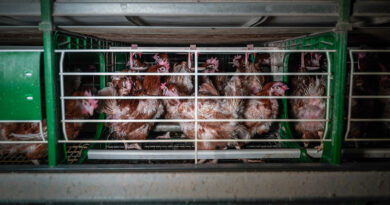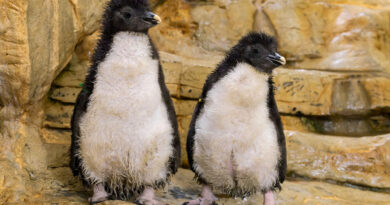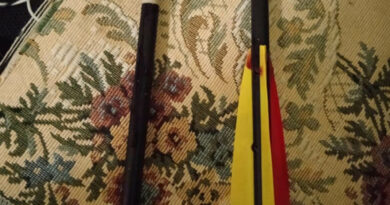Worlds Oldest Zoo Appeals For Help To Cover GBP 70K Monthly Food Bill
The world’s oldest zoo has appealed for donations to help cover the animals’ huge food bill – revealed to be around GBP 70,000 a month.
Schoenbrunn Zoo in the Austrian capital Vienna shared images of the behind-the-scenes work that goes on at a major zoo, and revealed that food costs can be as high as EUR 3,000 a day.
In a statement on 27th December, the zoo said the purchase of 280 tonnes of hay and 25 tonnes of meat is “just two examples of the considerable amounts of food the Schoenbrunn Zoo residents have eaten this year”.
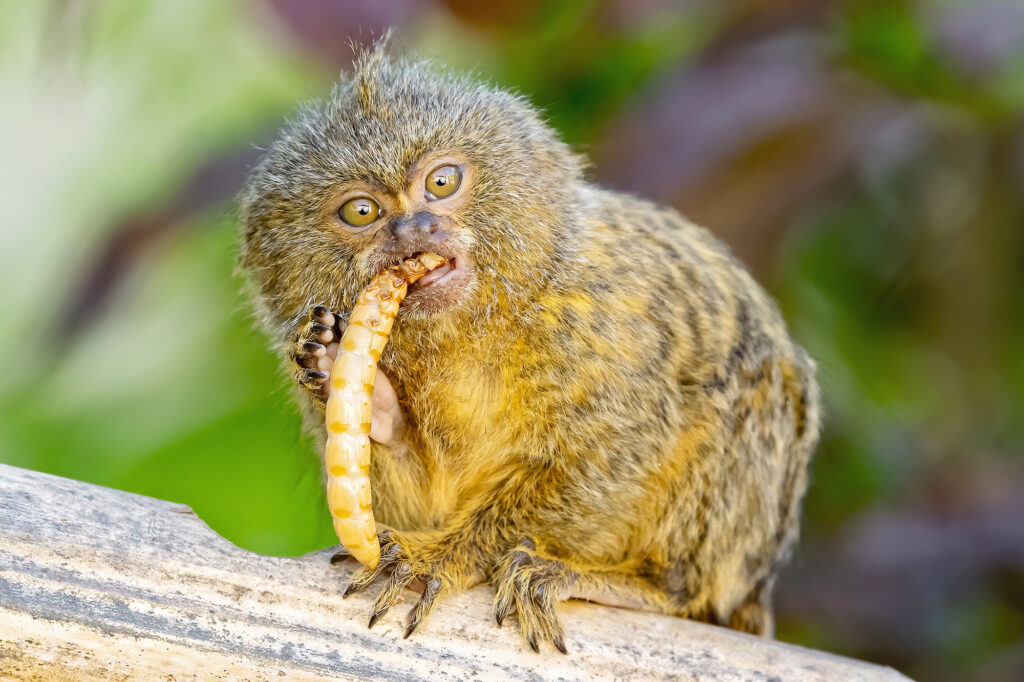
Zoo director Stephan Hering-Hagenbeck said: “Our range of feed is as diverse as our livestock. It ranges from meat for the lynxes to eucalyptus for the koalas and leaves for the colobus monkeys. Our feed costs are around EUR 80,000 (GBP 67,000) per month.”
Around 30 tonnes of fish sustainably fished in the North Sea are eaten by the penguins, seals and pelicans, as well as regional freshwater fish from a pond in Laxenburg, according to the zoo.
Meanwhile, the meerkats, pygmy marmosets and the like have their mouth-watering insects.
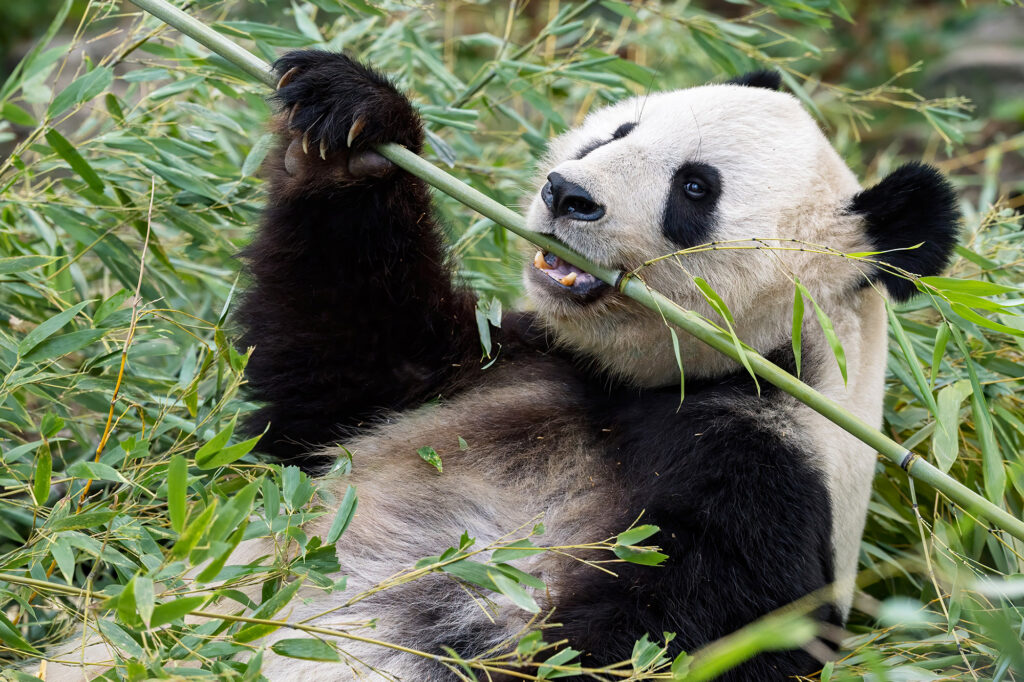
A big item on the food list is the 50 tonnes of fruit and veg. There are also 95 tonnes of carrots that come from the Marchfeld, which many like to eat, from the bison to the elephants. Around 28 tonnes of apples are also supplied by an orchardist in Styria.
Zoo worker Michael Kober said: “Our bird species primarily eat all the fruit. For most mammals, fruit is just a delicacy because of its high sugar content. ”
Meanwhile, the giant pandas eat around 27 tonnes of bamboo every year, and the colobus monkeys need leaves all year round. To do this, leaves are frozen in the winter.
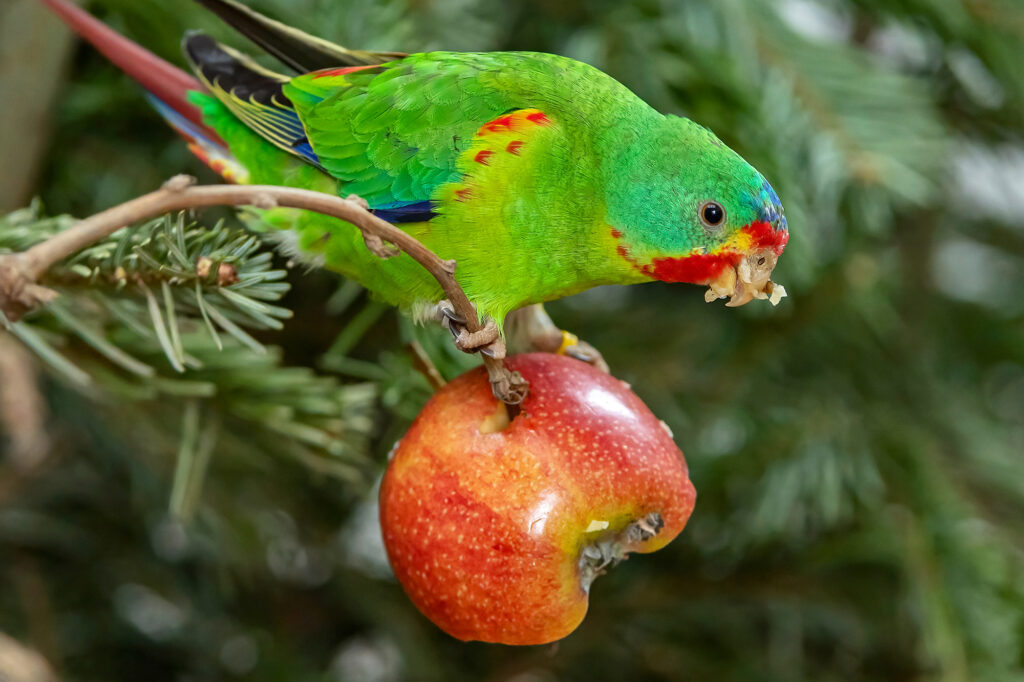
On its website, the zoo says: “Every day at the zoo, there are enormous costs for the care of our animals. The feed alone costs EUR 3,000 a day.
“No matter whether EUR 10, 35 or 50 per month or year, every contribution helps us to meet the daily costs, to conduct ongoing research, and to support important species protection projects.”

